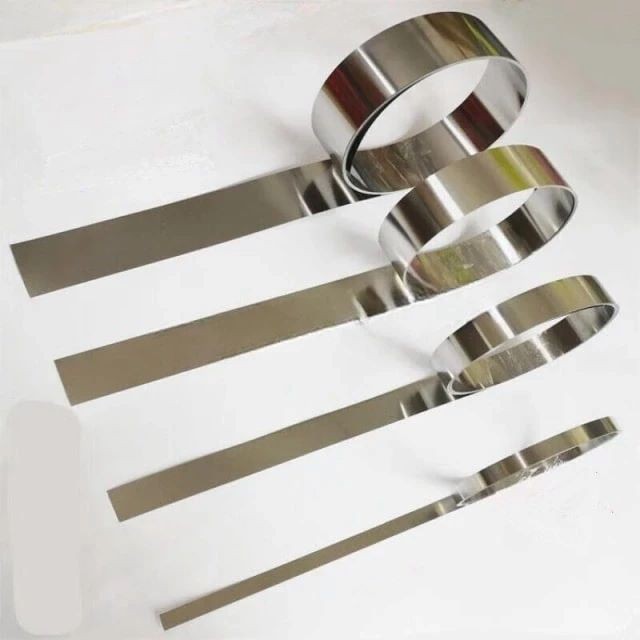
battery material
Battery Lab Equipment 304 Stainless Steel Strip Foil 20um Thick for Battery Test
Item Number : BC-14
Price varies based on specs and customizations
- Material
- 304 stainless steel
- Specification
- 20um thickness*100mm width*1m length
Shipping:
Contact us to get shipping details Enjoy On-time Dispatch Guarantee.
Why Choose Us
Easy ordering process, quality products, and dedicated support for your business success.
Application
304 stainless steel is a versatile stainless steel material with a high anti-rust performance of 1000-1200 degrees. It has excellent stainless performance and good resistance to intergranular corrosion. For oxidizing acids, it is concluded in experiments that 304 stainless steel has strong corrosion resistance in nitric acid below the boiling temperature with a concentration of ≤65%. It also has good ability to alkali solution and most organic and inorganic acids.
General application of steel belt: exhaust pipe, boiler steam drum, mechanical parts, boiler plate, architectural decoration, bridge, steel structure manufacturing, solar energy, electronic appliances, metal stamping parts, gasket, welded pipe, seal, etching , computer and mobile phone accessories, etc.It is widely used in the production of equipment and parts that require good comprehensive performance (corrosion resistance and formability).
Detail & Parts
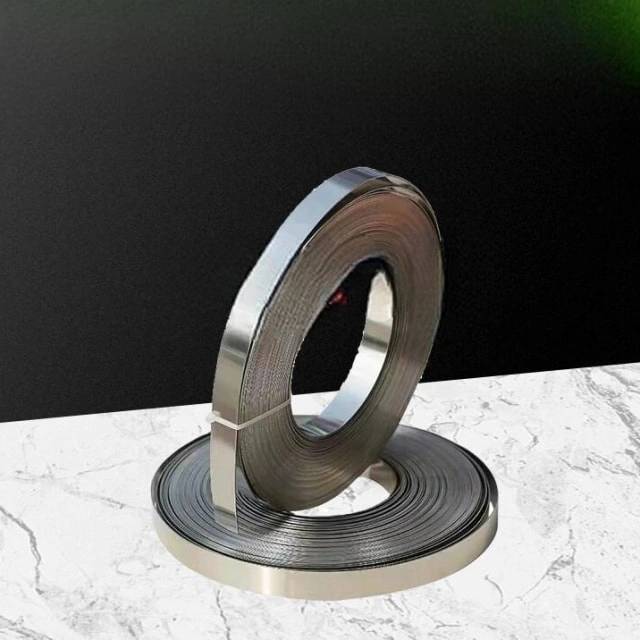
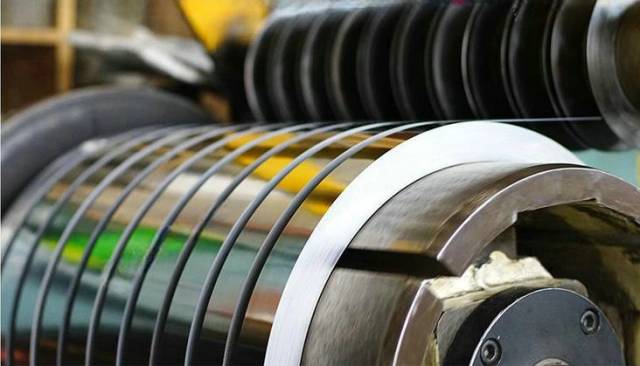
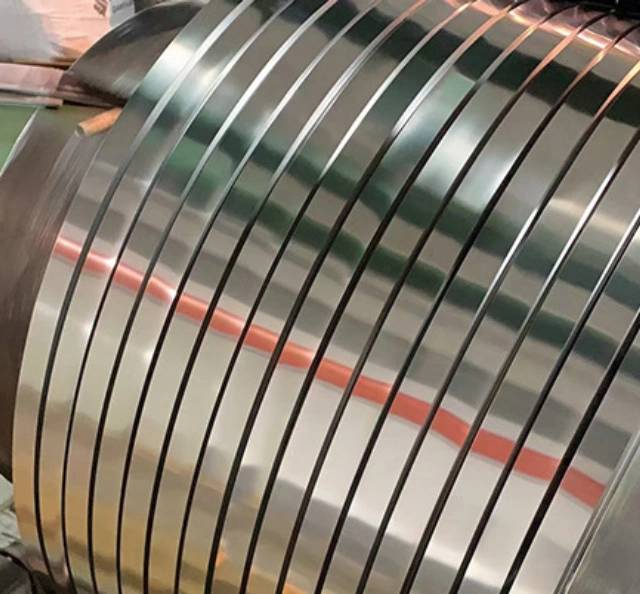
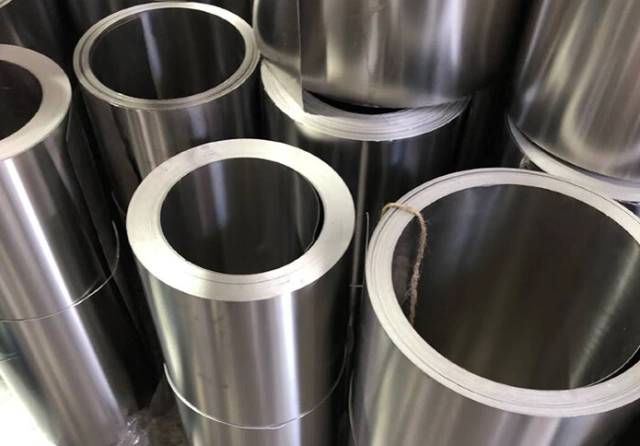
Technical specifications
| chemical composition | C≤0.08; Si≤1.00; Mn≤2.00; P≤0.035; S≤0.03; Ni:8.0-10.0; Cr:18.0-20.0; |
| Tensile strength (Mpa) | 620 MIN |
| Yield strength (Mpa) | 310 MIN |
| Elongation(%) | 30 MIN |
| Area reduction (%) | 40 MIN |
| density | 7.93 g/cm3 |
| Chromium content (%) | 18--20 |
Any length can be customized according to customer needs.
Advantages
- The anti-rust performance is as high as 1000-1200 degrees.
- Excellent stainless performance and good resistance to intergranular corrosion.
- Good corrosion/heat resistance.
- Good hot workability such as stamping/bending.
- No heat treatment hardening phenomenon (non-magnetic, just use temperature -196 ° C ~ 800 ° C).
Trusted by Industry Leaders

FAQ
What Types Of Batteries Can Be Tested Using A Battery Comprehensive Tester?
What Are The Main Types Of Battery Materials?
The Difference Between 316 And 304.
What Are The Main Functions Of A Battery Internal Resistance Tester?
What Are The Applications Of Battery Materials?
What Is The Purpose Of An 8-channel Battery Sub-container Capacity Tester?
How Do Battery Materials Enhance Battery Performance?
What Does A Handheld Lithium Battery Analyzer Do?
What Is The Role Of Polyethylene Separators In Lithium-ion Batteries?
What Is The Function Of A Cylindrical Battery Steel Case?
Why Are Conductive Carbon Cloths/papers/felts Important In Battery Applications?
What Are The Advantages Of Using Aluminum-plastic Flexible Packaging Films For Lithium Batteries?
How Does The Lithium Cobaltate Material Contribute To Battery Performance?
What Is The Function Of Battery Internal Resistance Testers?
Why Are Nickel-aluminum Tabs Important In Battery Manufacturing?
4.9 / 5
Excellent quality, arrived quickly, and is perfect for my project.
4.8 / 5
Very satisfied with the product, it's durable and well-made.
4.7 / 5
Great value for money, would definitely recommend to others.
4.9 / 5
Amazing quality, exceeded my expectations, and arrived sooner than expected.
4.8 / 5
Product is exactly as described, very happy with the purchase.
4.7 / 5
Great product, works perfectly and is very easy to use.
4.9 / 5
Excellent customer service, very helpful and responsive.
4.8 / 5
Product is very durable and has held up well over time.
4.7 / 5
Great value for money, would definitely recommend to others.
4.9 / 5
Amazing quality, exceeded my expectations, and arrived sooner than expected.
4.8 / 5
Product is exactly as described, very happy with the purchase.
REQUEST A QUOTE
Our professional team will reply to you within one business day. Please feel free to contact us!
Related Products
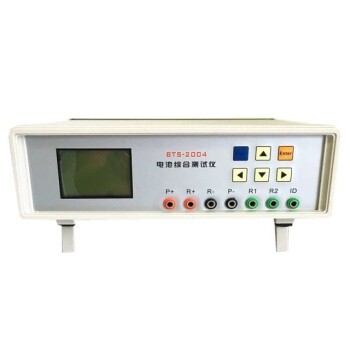
Battery Lab Equipment Battery Capacity and Comprehensive Tester
The scope of application of the battery comprehensive tester can be tested: 18650 and other cylindrical, square lithium batteries, polymer batteries, nickel-cadmium batteries, nickel-metal hydride batteries, lead-acid batteries, etc.
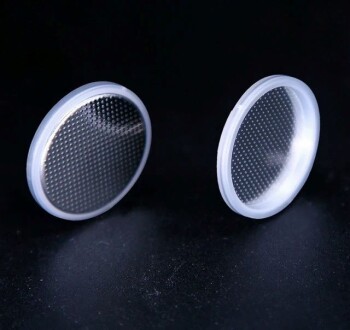
Button Battery Case for Battery Lab Applications
Button batteries are also known as micro batteries. It looks like a small button-shaped battery. Usually larger in diameter and thinner in thickness.
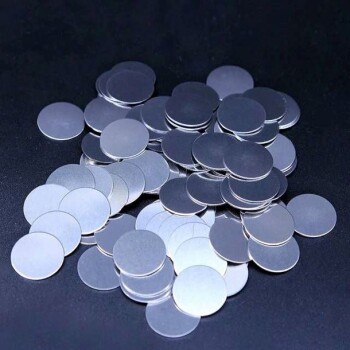
Button Battery Case Gasket for Battery Lab Applications
The gasket prevents the deformation of the internal material, and the spring sheet is conducive to the tight contact inside the battery to prevent loosening.
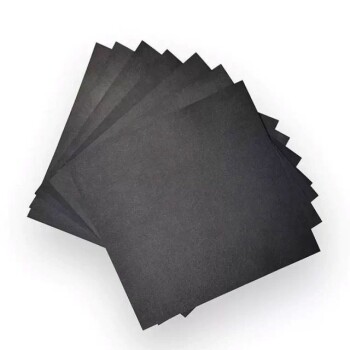
Hydrophilic Carbon Paper TGPH060 for Battery Lab Applications
Toray carbon paper is a porous C/C composite material product (composite material of carbon fiber and carbon) that has undergone high-temperature heat treatment.

High Purity Zinc Foil for Battery Lab Applications
There are very few harmful impurities in the chemical composition of zinc foil, and the surface of the product is straight and smooth; it has good comprehensive properties, processability, electroplating colorability, oxidation resistance and corrosion resistance, etc.
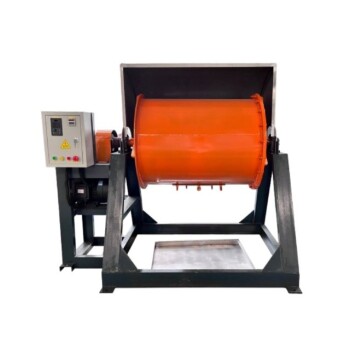
Stainless Steel Laboratory Ball Mill for Dry Powder and Liquid with Ceramic Polyurethane Lining
Discover the versatile stainless steel dry powder/liquid horizontal ball mill with ceramic/polyurethane lining. Ideal for ceramic, chemical, metallurgical, and building materials industries. High grinding efficiency and uniform particle size.
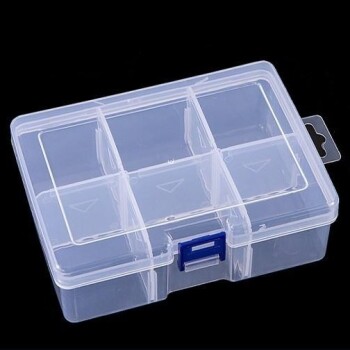
Button Battery Storage Box for Battery Lab
Button-type battery storage box, detachable, high-quality PP environmental protection material; suitable for small objects/chemicals, etc., thickened, compressive, durable, and available in a variety of styles.

Platinum Sheet Electrode for Battery Lab Applications
Platinum sheet is composed of platinum, which is also one of the refractory metals. It is soft and can be forged, rolled and drawn into rod, wire, plate, tube and wire.
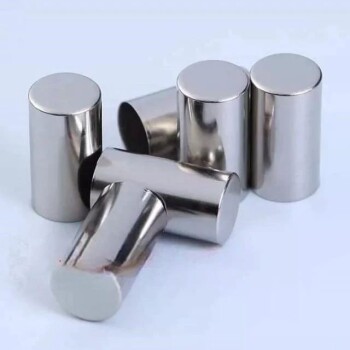
Cylindrical Battery Steel Case for Battery Lab
Lithium-ion battery casing suppresses battery polarization, reduces thermal effects, and improves rate performance.
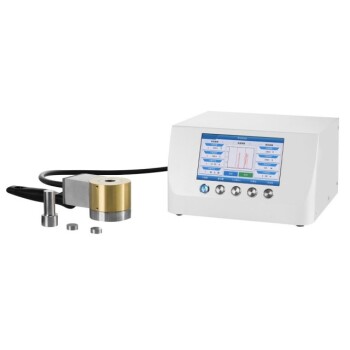
Cylindrical Lab Electric Heating Press Mold for Laboratory Applications
Efficiently prepare samples with Cylindrical Lab Electric Heating Press Mold. Fast heating, high temp & easy operation. Custom sizes available. Perfect for battery, ceramic & biochemical research.
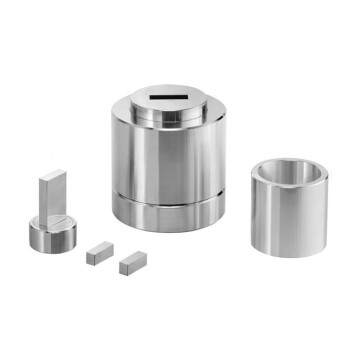
Assemble Square Lab Press Mold for Laboratory Applications
Achieve perfect sample preparation with Assemble Square Lab Press Mold. Quick disassembly eliminates sample deformation. Perfect for battery, cement, ceramics, and more. Customizable sizes available.
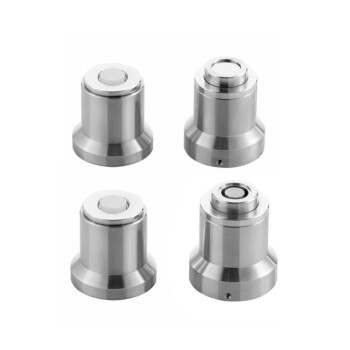
Button Battery Disassembly and Sealing Mold for Lab Use
The simple sealing and disassembly mold can be directly used on ordinary tablet presses, which can save costs, is convenient and fast, and can be used to encapsulate and disassemble button batteries. Other specifications can be customized.

Vacuum Bellows for Efficient Connection and Stable Vacuum in High-Performance Systems
Discover high-quality vacuum bellows for stable vacuum in high-performance systems. Made from 304 and 316 stainless steel, these bellows ensure efficient connections and excellent sealing. Ideal for

Laboratory Hydraulic Press Lab Pellet Press for Button Battery
Efficiently prepare samples with our 2T Button Battery Press. Ideal for material research labs and small-scale production. Small footprint, lightweight, and vacuum-compatible.
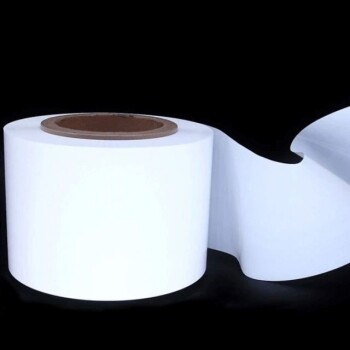
Polyethylene Separator for Lithium Battery
The polyethylene separator is a key component of lithium-ion batteries, located between the positive and negative electrodes. They allow the passage of lithium ions while inhibiting electron transport. The performance of the separator affects the capacity, cycle and safety of the battery.
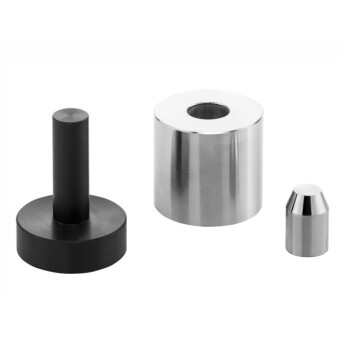
Button Battery Tablet Press Sealing Mold for Lab Use
The sealing die is essential for assembling button batteries, ensuring components like the anode, cathode, and electrolyte are securely enclosed.

KF/ISO/CF Ultra-High Vacuum Stainless Steel Flange Pipe/Straight Pipe/Tee/Cross
Discover KF/ISO/CF ultra-high vacuum stainless steel flange pipe systems, engineered for advanced applications. Ideal for laboratory, industrial, semiconductor, aerospace, and research needs.

304 316 Stainless Steel Vacuum Ball Valve Stop Valve for High Vacuum Systems
Discover 304/316 stainless steel vacuum ball valves, Ideal for high vacuum systems, Ensure precise control and durability. Explore now!